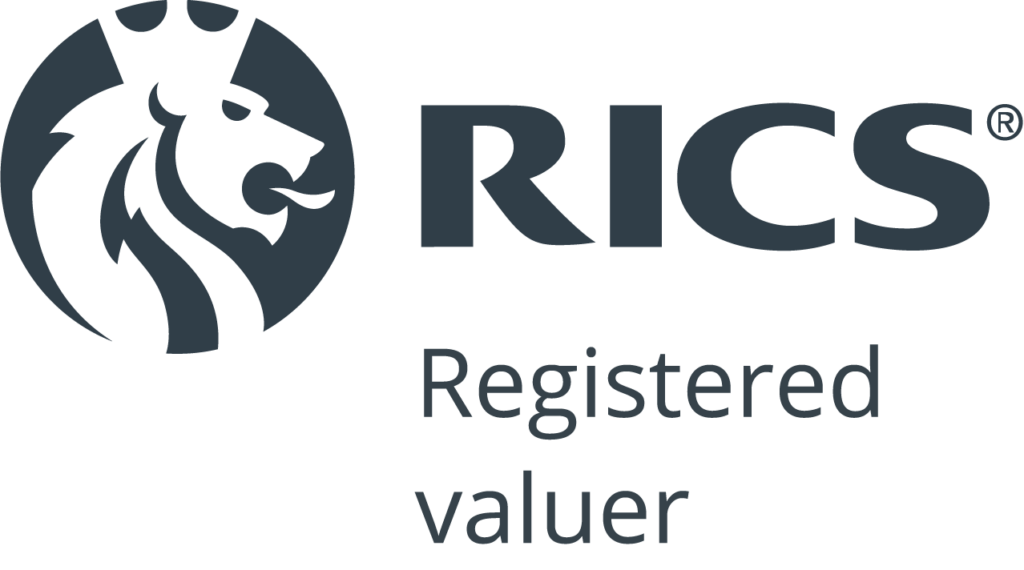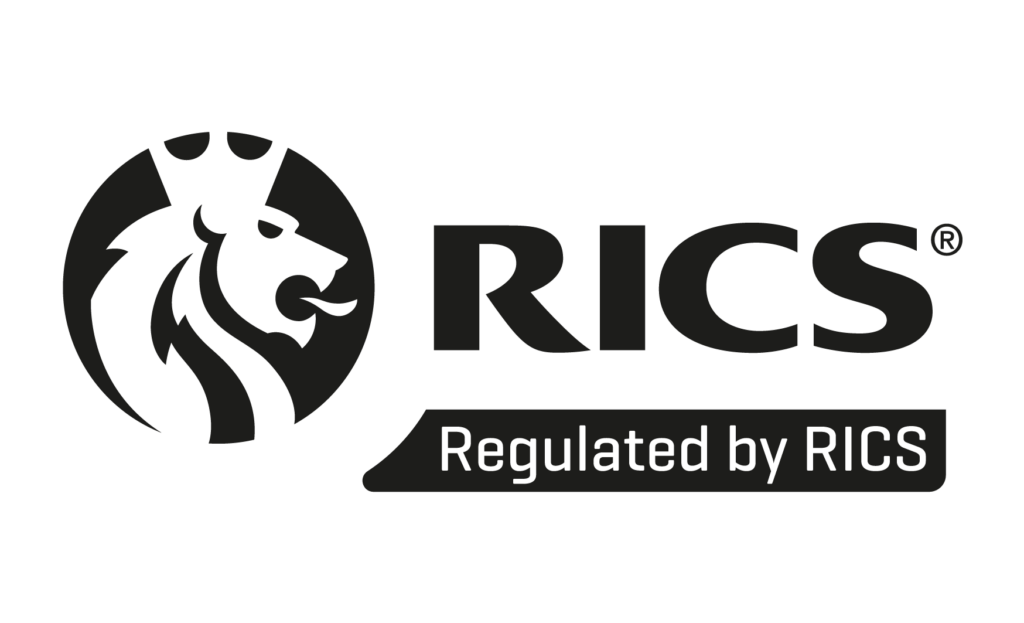Menu
Close
- Home
- About Us
Get In Touch With Expert Property Surveyors Today
Our team of experienced surveyors is here to help you with all your properly surveying needs
- ServicesTab #1
Get In Touch With Expert Property Surveyors Today
Our team of experienced surveyors is here to help you with all your properly surveying needs
- Careers
- Home
- About Us
Get In Touch With Expert Property Surveyors Today
Our team of experienced surveyors is here to help you with all your properly surveying needs
- ServicesTab #1
Get In Touch With Expert Property Surveyors Today
Our team of experienced surveyors is here to help you with all your properly surveying needs
- Careers






